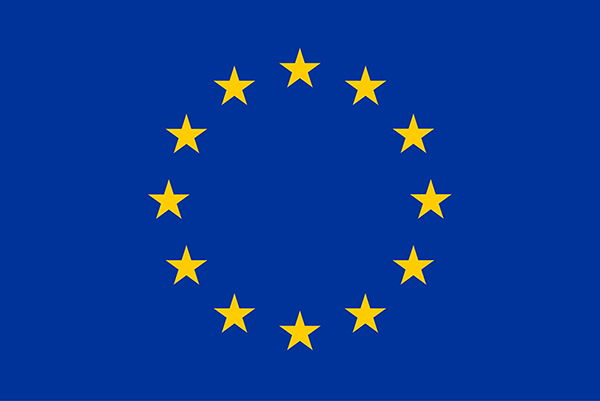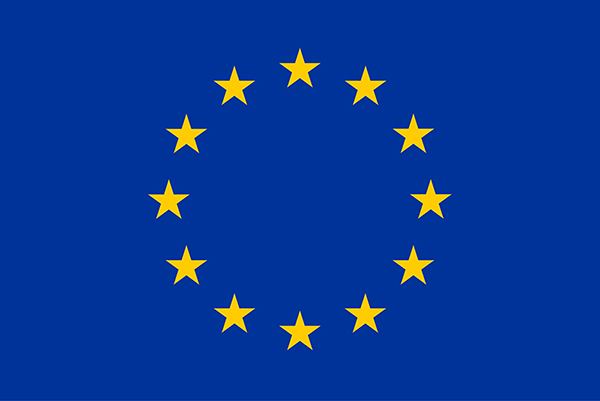Legislation
24 November 2025
The Digital Services Act
Legislation
24 November 2025
Retail
Login / create an account to be able to react
-
27

The Digital Services Act (Regulation (EU) 2022/2065) establishes harmonised rules for a Single Market for digital services that is fair, transparent, and safe, setting due diligence obligations for intermediary services and enhanced duties for very large online platforms and search engines.
Editorial team
Topics
EU-27
EU Institutions
-
Ecosystem
-
-
Retail
-
Share
The Digital Services Act (Regulation (EU) 2022/2065) is a cornerstone of the European Union’s effort to ensure a Single Market for digital services that is fair, transparent, and safe. Adopted by the European Parliament and the Council on 19 October 2022, the DSA modernises the rules governing online intermediaries and platforms, ranging from hosting services and marketplaces to social networks and search engines.
The Regulation addresses the challenges of illegal content, unfair platform practices, and risks arising from algorithmic systems. It introduces clear obligations for intermediary service providers to act diligently and transparently while safeguarding fundamental rights such as freedom of expression and media pluralism. Very large online platforms and search engines, defined as those with more than 45 million users in the EU, are subject to enhanced obligations, including risk assessments, data access for vetted researchers, and greater accountability.
The Digital Services Act preserves conditional liability exemptions for ‘mere conduit’, ‘caching’ and ‘hosting’ services and confirms the prohibition of general monitoring. It enables competent authorities to issue legally valid orders to act against specific items or to provide information, with clear territorial scope and safeguards.
Providers must operate notice-and-action procedures that give users reasoned decisions, offer internal complaint-handling, and enable access to certified out-of-court dispute settlement. Online marketplaces must ensure trader traceability (“know-your-business-customer”), carry out proportionate checks, and inform users when an item they bought is found to be illegal.
Design and advertising rules prohibit dark patterns, require clear ad labelling, and call for disclosure of who paid for an advert and the main parameters used to determine its display. Targeted advertising to minors and the use of sensitive data for targeting are restricted. Recommender systems must provide meaningful user controls, including at least one option not based on profiling.
Oversight and cooperation are formalised through national Digital Services Coordinators with investigative powers and by a European Board for Digital Services to ensure consistent application. Enforcement tools include fines of up to 6% of worldwide annual turnover, periodic penalty payments, and, where applicable, supervision fees to cover oversight costs.
The Regulation was published in the Official Journal on 27 October 2022, entered into force twenty days later, applies from 17 February 2024, and may apply earlier to designated services when notified four months in advance.
Comments (0)
See also
Commission welcomes political agreement to simplify and strengthen EU innovation and investment
- Categories
Regulation (EU) 2018/1724: establishing a single digital gateway to provide access to information, to procedures, and to assistance and problem-solving services
- Categories
Geo-Blocking Regulation
- Categories




